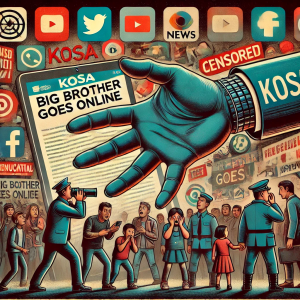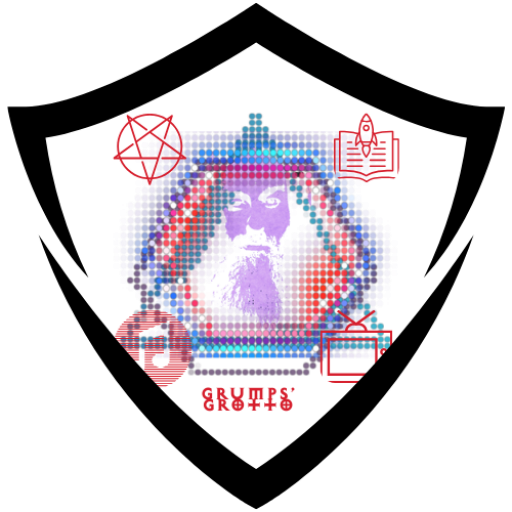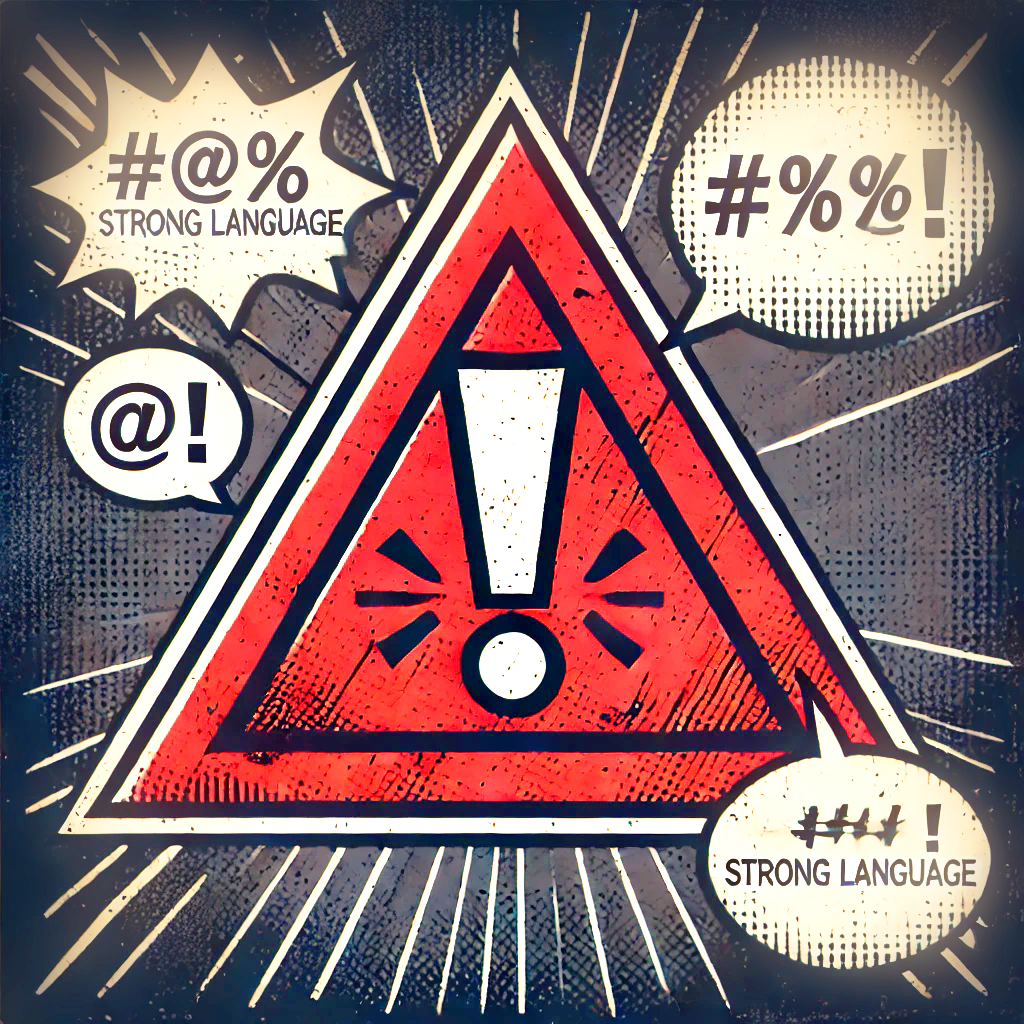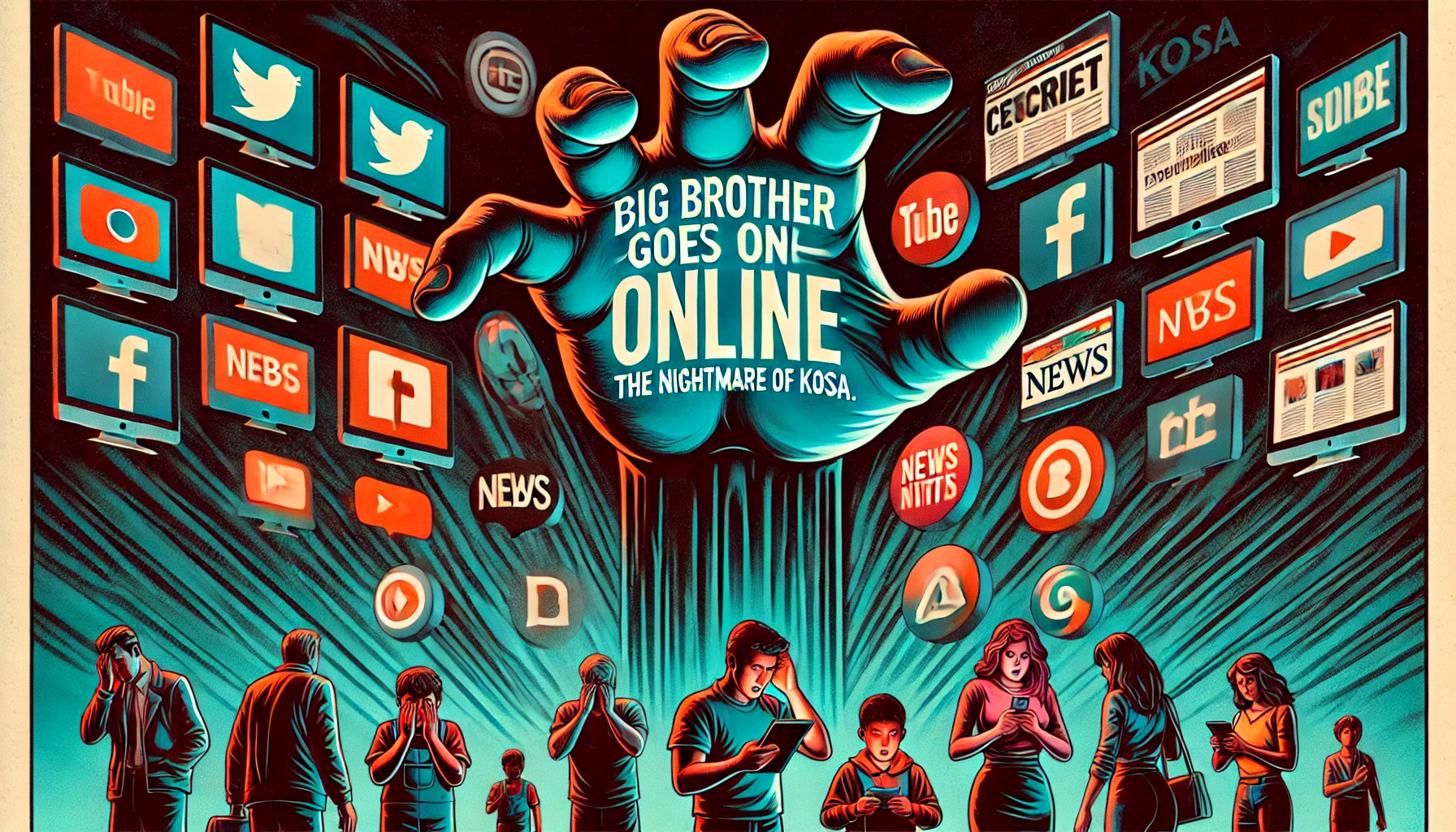The Senate just passed the Kids Online Safety Act (KOSA) with a landslide vote of 91-3, giving bureaucrats the green light to police the internet for “harmful” content that allegedly messes with kids’ minds. Let’s cut to the chase: this is a terrible idea. Politicians and bureaucrats deciding what we can read and view online? That’s a dystopian nightmare waiting to happen.
KOSA’s cheerleaders have dragged out heart-wrenching stories to justify their cause, painting the internet as the big bad wolf. But let’s get real—issues like anxiety, eating disorders, drug abuse, gambling, and the rest of the vices KOSA claims to tackle have been around since before the first modem screeched to life. Blaming the web for these age-old problems is a lazy cop-out.
Now that the Senate has given KOSA the thumbs-up, the House is next in line to either rubber-stamp it or, heaven forbid, come up with an even worse version. A few brave souls in the House have raised red flags, but will their concerns be enough to halt this train wreck? Don’t hold your breath.

Congress members backing this bill should remember they won’t be pulling the strings on who gets to punish “bad” internet speech. The Federal Trade Commission, dancing to the President’s tune, will decide what content “harms” minors and can start cracking down on websites. Both sides of the aisle have always had a fetish for controlling internet content. One sponsor even thinks educational materials on racism make kids depressed. If KOSA becomes law, kids talking about mental health or addiction might get lumped in with those promoting self-harm, silencing crucial conversations.
Sex education and LGBTQ+ topics will also be in the crosshairs. Opinions on these subjects vary wildly, and it won’t take much for a politically ambitious FTC member or state attorney general to start a witch hunt against speech that ruffles their constituents’ feathers.
And don’t think adults will escape this madness. In the quest to dodge KOSA-inspired lawsuits, websites will purge content en masse, slap on intrusive ID checks and age gates, and deploy clunky content filters. All this targets speech that’s supposed to be protected by the Constitution. Yet, lawmakers have shrugged off these constitutional concerns and ignored the millions of young voices who fear KOSA’s muzzling effect, including those who spoke directly to the Electronic Frontier Foundation.
We can’t rely solely on the courts to save us from this wave of anti-speech internet legislation. It’s up to us to shout from the rooftops and let lawmakers know their censorship schemes won’t fly. The public needs to wake up and push back against these power grabs—because if we don’t, the internet as we know it could become a sanitized wasteland.
This article draws inspiration from a comprehensive analysis by the Electronic Frontier Foundation, which critically examines the far-reaching implications of the Kids Online Safety Act on free speech and internet freedoms.

Darth Grumps
Grumps is the name most folks recognize him by on TikTok, Discord, and various other corners of the internet. He’s the one writing and talking about how Satanism weaves into the everyday grind, working to clear up the usual misconceptions people have about the religion. Through his own unique lens, he offers insights and a slice of Satanic wisdom that only he can provide.



Leave a Reply